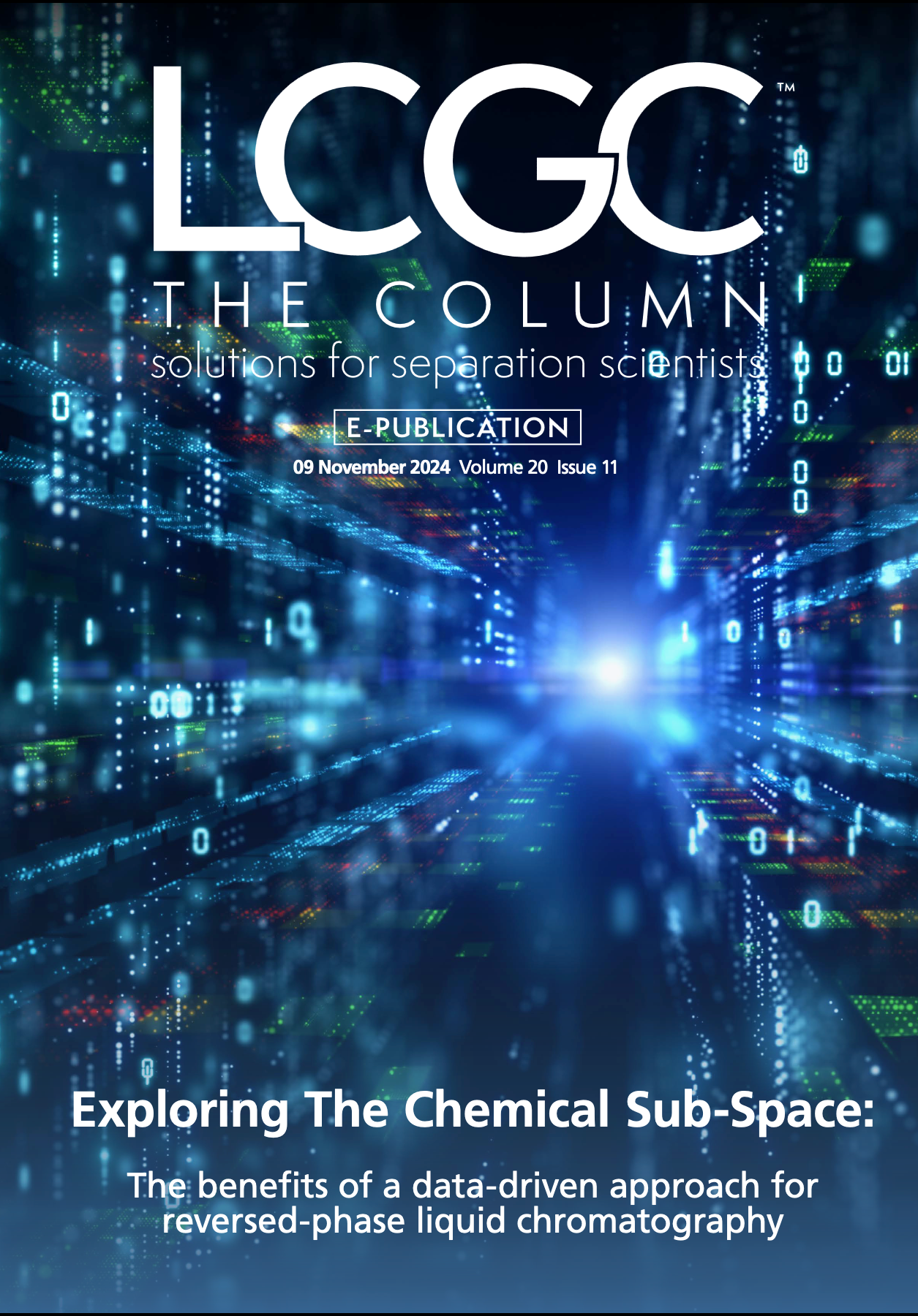In Bruges: HPLC 2025
The 54th International Symposium on High Performance Liquid Phase Separations and Related Techniques (HPLC 2025) will be held from Sunday through Thursday, June 15-19, 2025, in Bruges, Belgium.
Canals of Bruges, Belgium | Image Credit: © gqxue - stock.adobe.com

The HPLC symposium series is known as the world’s leading conference on liquid phase separations and hyphenation with advanced detection technologies, including mass spectrometry (MS) and data treatment. European editions typically draw a crowd of more than 1200 (peaking to close to 1500 for some editions).
In Bruges, the programme will kick-off in the splendid Concert Hall on Sunday with a plenary presentation by Koen Sandra (RIC Group, Belgium) on the recent advancements in mRNA structural characterization and by Kerstin Thurow (CELISCA – Center for Life Science Automation, Germany) on the automation of the analytical life science laboratory.
From Monday, the conference will be continued in the adjacent, brand-new BMCC conference centre, where a timely and forward-looking scientific programme will be offered. Traditionally, the HPLC showcases the broadest possible selection of chromatography-related topics, including sample preparation, detection and data analysis, presented by the best scientists active in the field. In Bruges, considerable attention will also be paid to the related separation sciences, including preparative chromatography, supercritical fluid chromatography (SFC), gas chromatography (GC), field flow factionation, and associated particle separation techniques. A strong focus will also be put on machine learning (ML) and sustainability, with dedicated sessions and tutorials on the topic. Furthermore, the conference will have a strong focus on today’s and tomorrow’s practice in high-performance liquid chromatography (HPLC) laboratories, including all aspects of laboratory automation and data processing.
Next to the Csaba Horvath Award competition for the best early career oral presentation, early-career participants will be able to engage in dedicated poster and flash presentation competitions (with two separate awards). They will be offered a maximum number of oral presentation slots and will enjoy a broad selection of educational workshops and tutorials. Researchers nearing the end of their Ph.D. or postdoc will find the job speed date and career workshop to their liking.
The combined exhibition, poster sessions, and catering hall will serve as the central hub of the conference, ensuring a lively and engaging atmosphere. This will undoubtedly peak during the poster and exhibitor fest we plan to organize on Monday and Tuesday afternoon. To encourage scientific discussions between delegates and vendors during these three-hour sessions, poster abstracts topics will be linked to the vendors’ offerings and an app will be used to select (and reward) the delegate having the most vendor-interactions. Under the name “Bring Your Boss To The HPLC,” a separate networking track will be offered to participating laboratory managers and decision-makers where they can share experiences and contemplate on the future of their laboratories.
To encourage scientific exchange and friendship building, the scientific programme will be topped with a rich social programme, reflecting the well-known Belgian hospitality, and its abundant food and drink culture.
Bruges is a city renowned for its well-preserved medieval architecture and many historic attractions such as the bustling Market Square, the serene Begijnhof, and picturesque canals, all within a 10 min to 15 min walk from the conference centre. The entire city is a UNESCO World Heritage site and is often referred to as the “Venice of the North.” Bruges is also famous for its broad choice of culinary delights, including exquisite Belgian chocolates, waffles, and world-renowned beers. Located in the Flanders region, Bruges is easily accessible through the well-connected international airport in Brussels (one direct train per hour). Major European cities such as Amsterdam, London, and Paris are within a range of maximally 300 km, and all easily connected by high-speed train.
The chair team, consisting of Gert Desmet, Frederic Lynen, Sebastiaan Eeltink, Deirdre Cabooter, Ken Broeckhoven and honorary chair, Pat Sandra, look forward to welcoming you with open arms in Bruges for a memorable conference. Important deadlines to consider are January 15 2024 for oral abstract submissions and April 24 2024 for early-bird registration fees.
Learn more at hplc2025-briges.org. Direct correspondence to: contact@hplc2025-bruges.org


.png&w=3840&q=75)

.png&w=3840&q=75)



.png&w=3840&q=75)



.png&w=3840&q=75)















